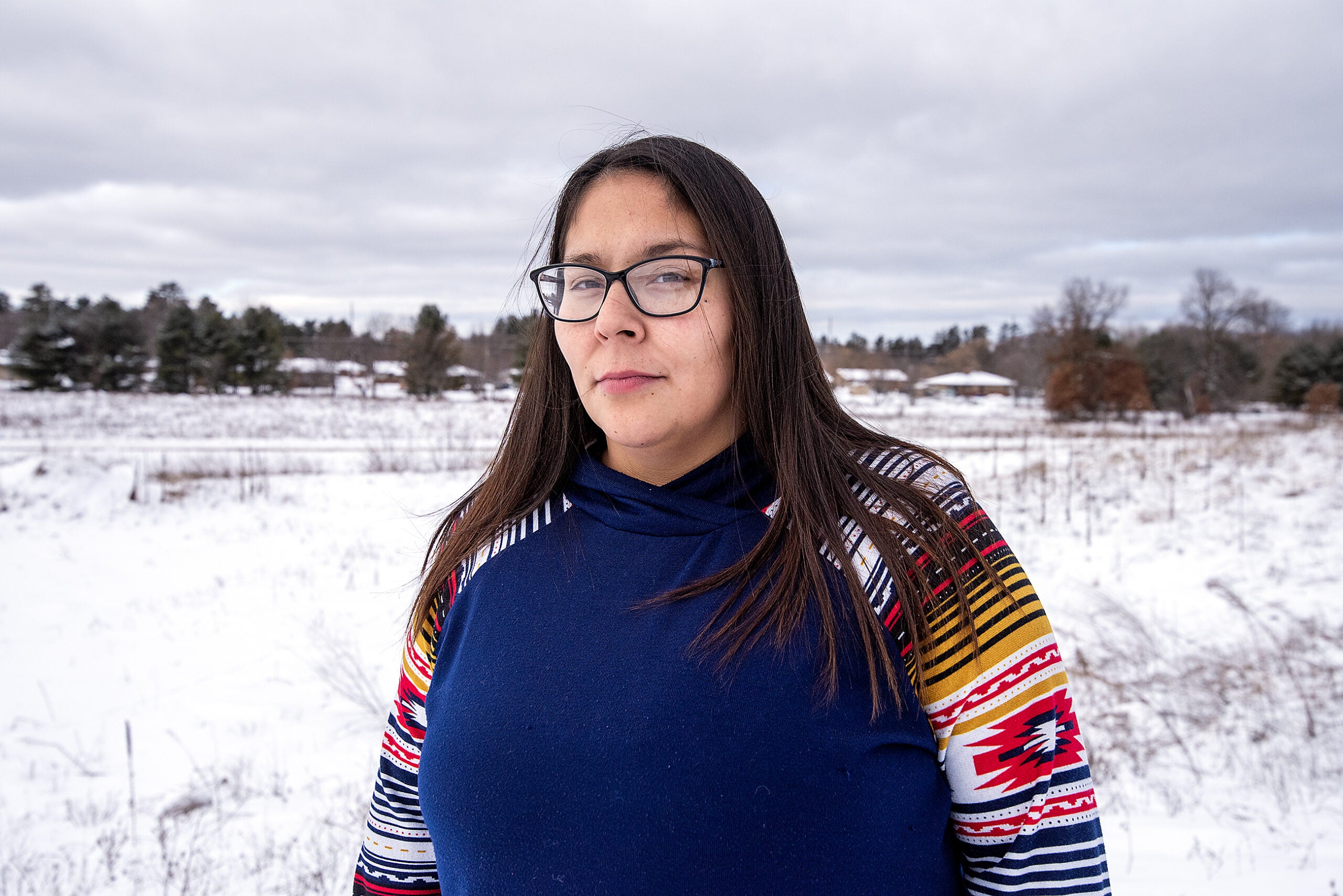Rural America is seeing a rise in rates of poverty, addiction, and other problems traditionally associated with inner cities. We talk about the numbers and first-hand stories revealing the struggles spreading to the country. The Attorneys General of Maryland and the District of Columbia are suing President Trump over foreign payments to his businesses. We find out more about the case. We also check in on the most fascinating science news of the month, including a microbial clock being used to catch criminals.
Featured in this Show
-
Maryland And D.C. Attorneys General Sue President Donald Trump
On Monday the Attorneys General of Maryland and the District of Columbia filed a federal lawsuit against President Donald Trump. They are accusing the president of violating parts of the Constitution in place to protect against corruption. We get the details with a political reporter.
-
Science News: How We Decide, Catching Criminals, When We Left Water
We talk science news with Discover Magazine’s Gemma Tarlach, including how we make decisions, the technological advancements for catching criminals, and when our ancestors first left aquatic environments.
-
Rural America Seeing More Problems Usually Associated With Inner Cities
Rural parts of the United States are seeing more addiction, poverty, and other problems often associated with inner cities. A Wall Street Journal reporter shares the numbers, and first-hand stories.
-
Understanding The New Challenges In Rural America
Addiction. Poverty. Petty crime. Teen births. Divorce.
These are problems that once plagued inner cities. But as two Wall Street Journal reporters found out first hand, increasingly, these problems are falling on the shoulders of America’s rural towns.
“It’s that sort of flip or conversion from what most people in the last generation have been familiar with,” said Paul Overberg, who reported on the issue for the Journal. “That was most surprising to us and to a lot of our readers.”
Some of the reasons for the decline almost parallel what happened in inner cities: manufacturing plants closed. Mid-level jobs disappeared. There were fewer alternatives to working on the family farm.
Some of the problems are unique to the rural life. Overberg writes about the situation in the southeast Kansas town of Coffeyville, population of less than 10,000.
Back in the early days of internet retailer Amazon, the company opened distribution centers in small towns across America, including Coffeyville.
But once the company took off, it fled the small towns for population centers. Coffeyville was one of the towns left behind.
“That killed a lot of jobs in a little town like that,” Overberg said.
Still, he said, some of the disparity between rural and urban areas is not because rural areas are getting worse. In fact, urban areas are improving in many factors of life. Cancer deaths have decreased, teen births have plummeted. The divorce rate dropped, partially due to millennials marrying later in life.
But small towns have fallen behind. Smoking rates are higher in rural areas, which translates to cancer and lung disease rates. Teen birth rates in small towns have dropped, but not nearly as drastically as their metro counterparts. And millennials, flocking to urban areas, bring their propensity toward later marriages along with them.
As a result, small towns are aging. Young people used to go off to school, then come back to live and start a family.
“That inflow hasn’t happened,” Overberg said. “It’s sort of a drying up of the supply and it’s one of the thing that’s creating the problems of population decline in rural areas.”
Overberg said the presidential election has put a spotlight on these smaller towns and their complexities.
“So I think there might be more of an openness to looking at what sort of brought us to this point.” he said. “And why would this happen? And maybe pay more attention to these problems.”
Episode Credits
- Rob Ferrett Host
- Veronica Rueckert Host
- Amanda Magnus Producer
- Rob Ferrett Producer
- Louis Nelson Guest
- Gemma Tarlach Guest
- Paul Overberg Guest
Wisconsin Public Radio, © Copyright 2025, Board of Regents of the University of Wisconsin System and Wisconsin Educational Communications Board.
